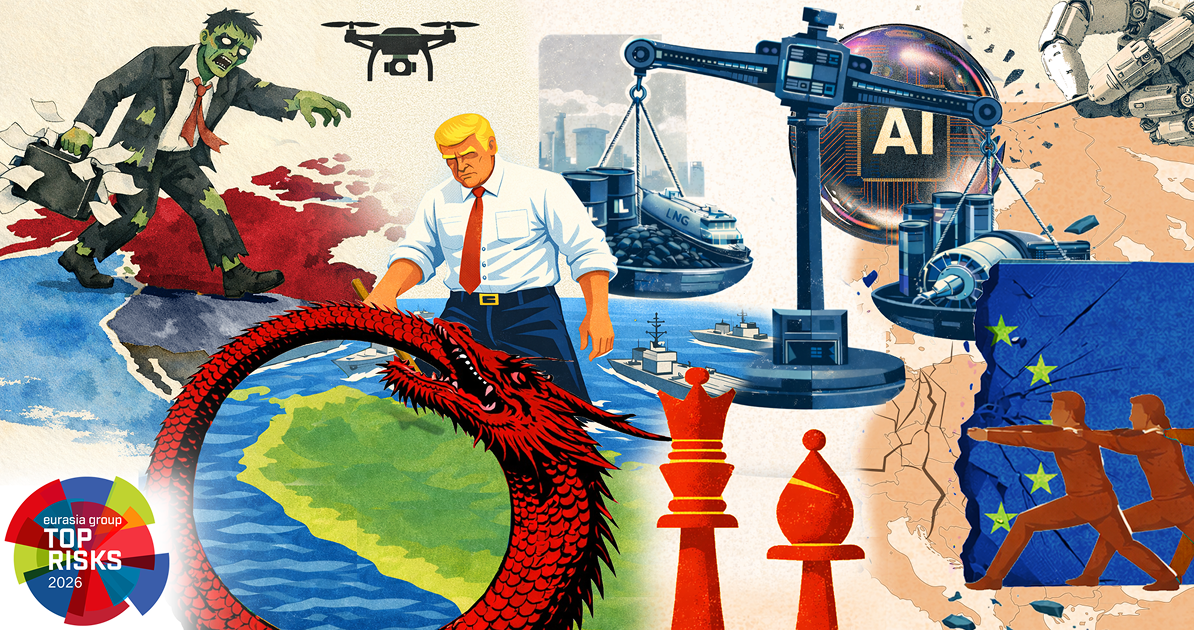AI progress and takes - Feb 2026

Henri
@Henri
About Me
Magazines
Posts by Henri
Facebook's first Director of Product Engineering and prior CTO of Dropbox on his lifetime craft of coding changing rapidly
Why download an app when you can soon conjure one up tailor fit for you (per legendary engineer Andrej Karpathy)
AI was able to make a very realistic fight between Brad Pitt and Tom Cruise…The effect AI will have on film and TV is titanic
Olympics!
Connor Hellebuyck saved 41 of 42 shots to lead the USA hockey team to its first gold medal since 1980 - the road to the gold was filled with resilience at every level, from high school to college to professional.
AI happenings and takes - January 2026
One of the best engineers in the world on the massive leap in AI coding effectiveness in December 2025
Which products win and lose in a world where AI Agents, as opposed to people, pick them more and more?
Box CEO on the future of enterprise software in a world of AI. Lots of very thoughtful points (see snapshots) and worth reading for anyone in tech, but the core thesis is:
“In contrast to some of the public discussion, l'd argue that in a world of 100X more Al agents than people in an enterprise, the value of the systems of record and tools agents will use will go up, not down. Because in this new world, software provides the guardrails on which agents can operate successfully within an enterprise, and gives them the underlying tools to use to be more productive themselves and work alongside people."
Boston was once the clear number 2 for behind Silicon Valley in venture capital - what happened? See Boston VC Michael Campos’ take here
Top 10 geopolitical risks for 2026 from the Eurasia Group. Excerpt from risk #2 snapshot, which I thought was a significant macro callout
Miscellaneous- 2026
John Rawls argues that advantages from the “birth lottery” (family, class, talents) are morally arbitrary. Because people don’t deserve them, society should be designed as if no one knows their starting position (the veil of ignorance).
This position is certainly thought provoking, but coming across this site helped me empathize more with it and make it a bit more concrete. Give it a go and see if it does the same for you.
AI happenings and takes - December 2025
Miscellaneous
How to make a Christmas song (check out the last minute of the below CBS Sunday Morning segment for an attempt at a new Christmas song that follows all the patterns)


























































